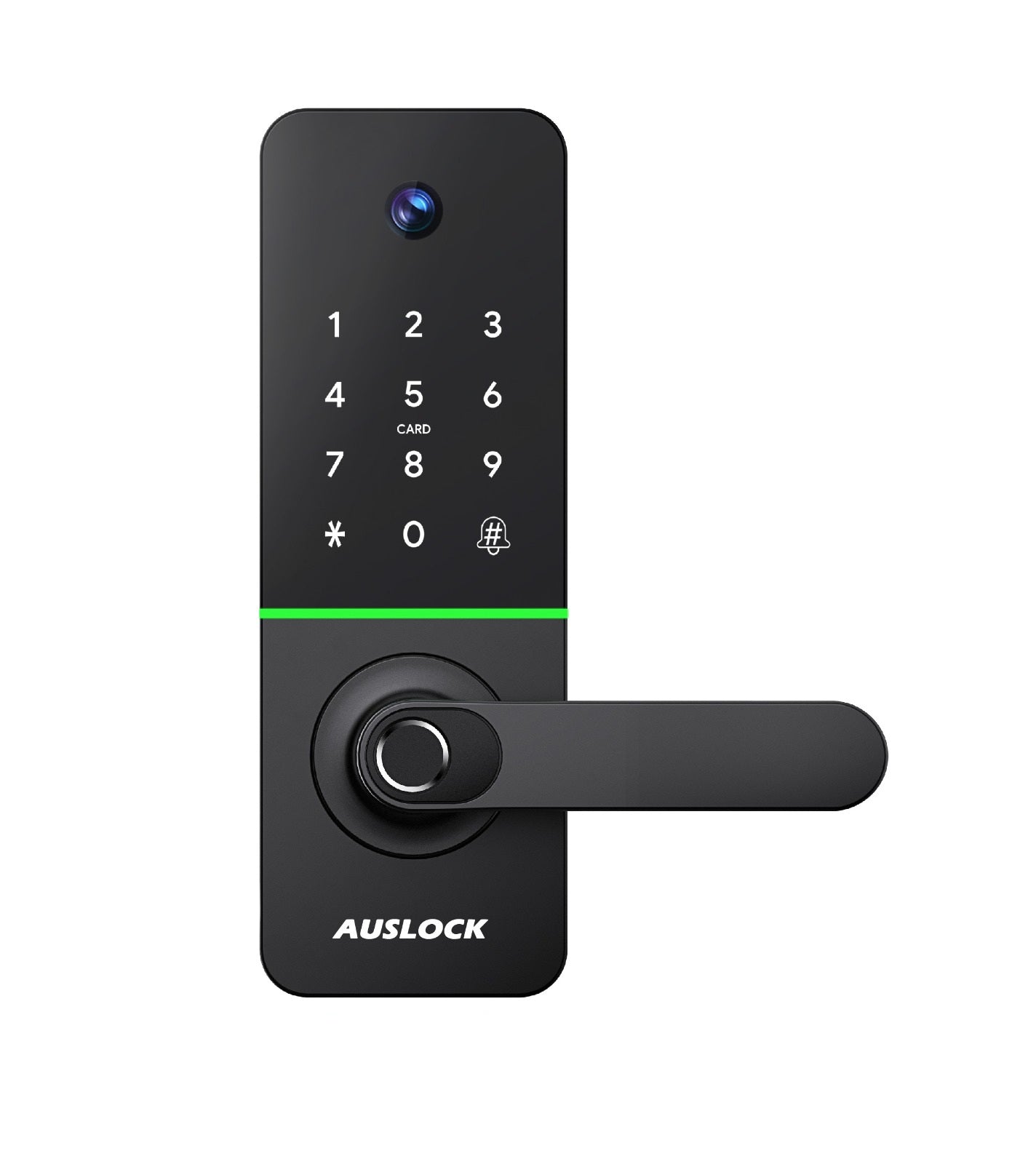Digital Locker Locks VS Traditional Locks- Which Is Better!
Traditional mechanical locks have been the go-to choice for centuries, but with the advent of digital technology, digital locker locks have emerged as a viable alternative. While the former has been a staple for centuries, the latter offers numerous advantages. This blog post will delve into the key differences between these two types of locks, helping you make an informed decision about which one is better suited to your needs.

Digital Locker Locks: A Modern Solution
Digital locker locks utilize electronic technology to provide access control. These wireless locks often require a PIN code, biometric data (such as fingerprints or facial recognition), or a mobile app to unlock. These locks offer several advantages over traditional locks:
Enhanced Security: Digital locks are generally more secure than traditional locks, as they are less susceptible to picking and bumping.
Greater Flexibility: They allow for more granular access control, enabling you to grant or revoke access to specific individuals or groups.
Convenience: Digital locks eliminate the need for physical keys, making it easier to manage access and reducing the risk of lost or stolen keys.
Remote Management: Some digital locker systems can be managed remotely, allowing you to grant or revoke access from anywhere in the world.
Traditional Locks: A Time-Tested Classic
Traditional locks have been around for centuries, and they continue to be a popular choice for many. These locks typically consist of a mechanical mechanism that requires a physical key to operate. They are relatively simple to use and can be quite affordable. However, traditional locks also have their drawbacks:
Key Loss: If you lose your key, you may need to rekey or replace the lock entirely.
Limited Access Control: Traditional locks offer limited control over who can access the locker.
Vulnerability to Picking and Bumping: Skilled individuals can manipulate traditional locks to gain unauthorized access.
Both digital locker locks and traditional locks have their respective advantages and disadvantages. Which option is ideal for you will rely on your individual requirements and preferences. By carefully considering the factors outlined above, you can select the lock that provides the optimal balance of security, convenience, and cost-effectiveness for your application.

.jpg)

Comments
Post a Comment